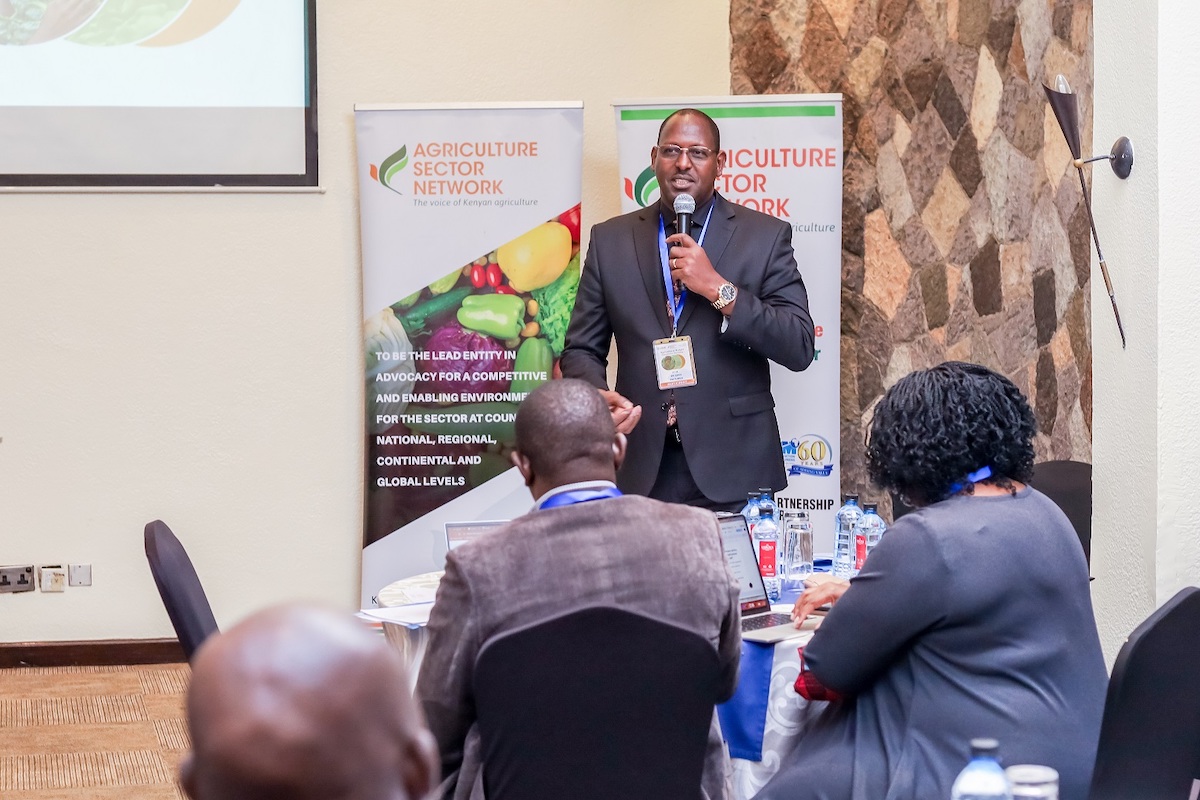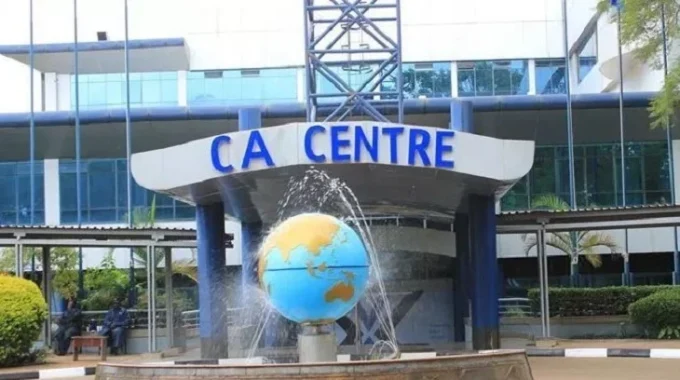Agriculture Sector Network (ASNET), a lobby representing agriculture industry players, has called for higher budget allocations to farming, noting that the amounts in the current Finance Bill are below the optimal level set in continental agreements signed by Kenya.
Agriculture Sector Network (ASNET) experts pointed out that the figures released by the Treasury for 2024/2025 financials cut the sector allocation by 18.6% to Ksh79.8 billion from Ksh98 billion compared to the current financial year.
Speaking during a stakeholders conference in Nairobi that included the Parliamentary Committee on Agriculture, Livestock and Fisheries, Ministry of Agriculture and Livestock Development, and Treasury officials, ASNET CEO, Ms Agatha Thuo, explained that the estimates have made significant cuts in the State Departments for Agriculture and Livestock budgets.
Ms Thuo noted that the allocation for Livestock dropped by 19.4% from Ksh14.9 billion to Ksh10.5 billion; Fisheries by 3.8% from Ksh11.8 billion to Ksh11.3 billion, Agriculture by 20.9% from Ksh60.4 billion to Ksh47.7 billion and Lands and the National Land Commission (NLC) by 6.6% from Ksh10.8 billion to Ksh10.1 billion.
> Inside President Ruto’s Historic Tour to the USA
ASNET had proposed that the government commits to the Malabo Protocol, which mandates an allocation of 10% of the total national budget to agriculture-related activities.
Dr Timothy Njagi, an agriculture expert with Egerton University’s Tegemeo Institute, said the proposed budgetary allocation for the agriculture sector is still a far cry from the 10% threshold mandated by the Comprehensive Africa Agriculture Development Programme (CAADP) under the Malabo Protocol.
Dr Njagi’s analysis showed significant deficits for line Ministries, Departments and Agencies based on their resource requirements. The Ministry of Lands and Physical Planning received 27% less than its optimal budget, while the State Departments of Livestock; Fisheries, Aquaculture and Blue Economy; Crop Development & Research are 56% shy with the National Land Commission a staggering 69% adrift.
The cuts run counter to the administration’s prioritisation of agriculture as the bedrock for ending food insecurity, transforming the economy through import substitution and increasing exports through value addition.
“While we call for funding to reach the optimal level, we urge the government to put in place mechanisms to attract investments from the private sector, donors and civil society to cover the resource gaps in the sector,” Dr Njagi said.
“We also would like the budget ring-fenced so the unforeseen effects of the floods do not compel the reallocation of funds away from the sector in subsequent supplementary budgets. If this happens, coupled with late disbursements, could replay the high cost of living and recent food inflation thereby reversing the gains made.”
The Chairman of the Agriculture, Livestock and Fisheries Parliamentary Committee, Dr. John Mutunga, who is also the member of Parliament for Tigania West, said he would present the recommendations to the Budget and Appropriations Committee and push for their adoption.
The stakeholders noted the negative impact of the floods on infrastructure will likely lead to increased production costs, curtail market access, increase the potential for pest and disease outbreaks, result in post-harvest losses and compound macro-economic shocks that already increased the cost of doing business and market volatility.
> Kenya Breaks Ground For World’s First Green Garment Factory







![President William Ruto during the launch of Climate WorX in Nairobi. [Photo/PCS]](https://businesstoday.co.ke/wp-content/uploads/2024/10/President-William-Ruto-during-the-launch-of-Climate-WorX-in-Nairobi-1-e1727761613802.png)




Leave a comment